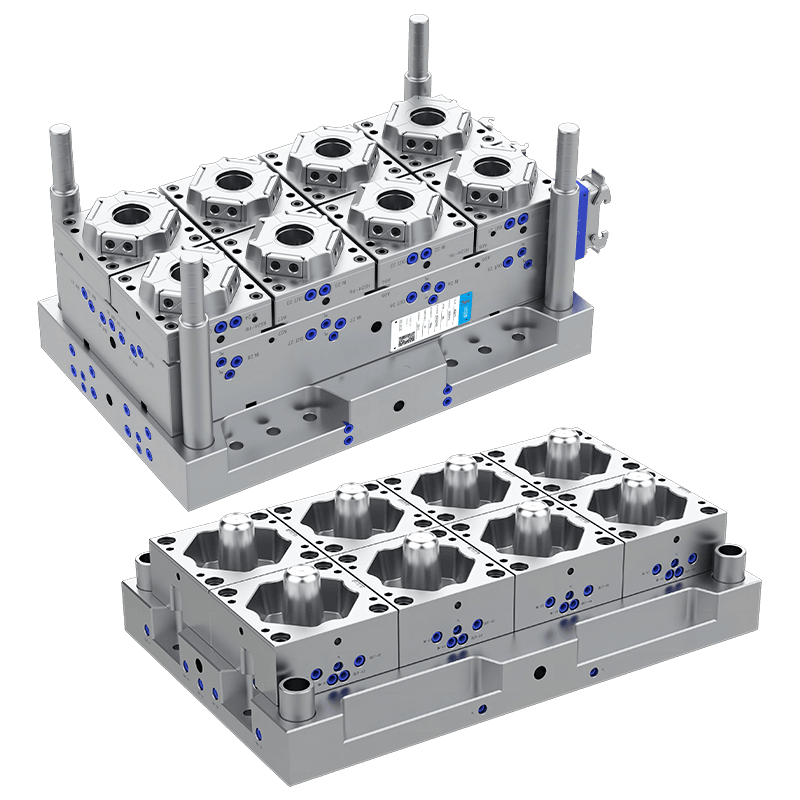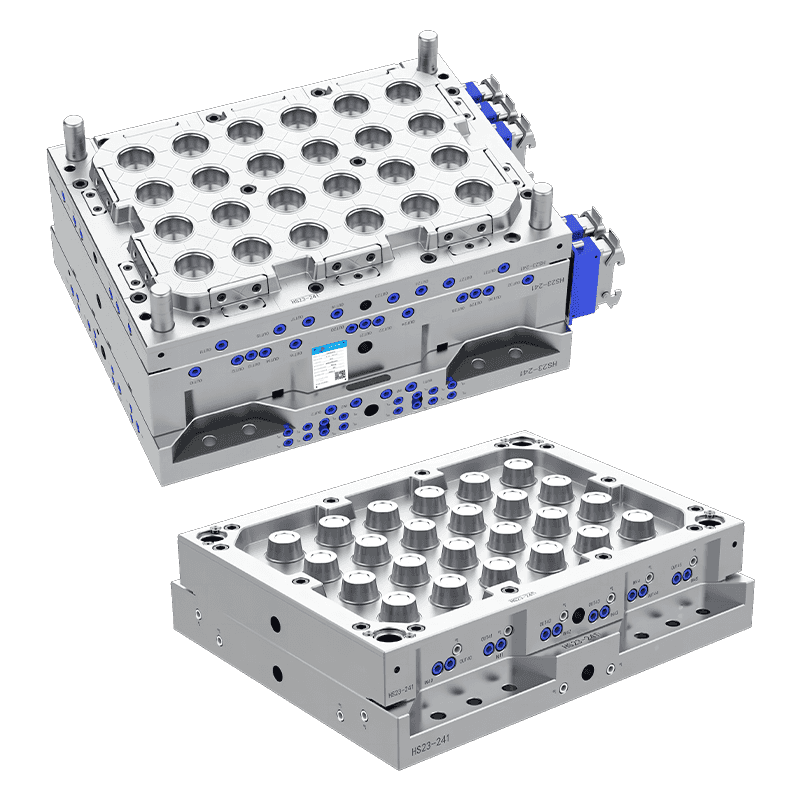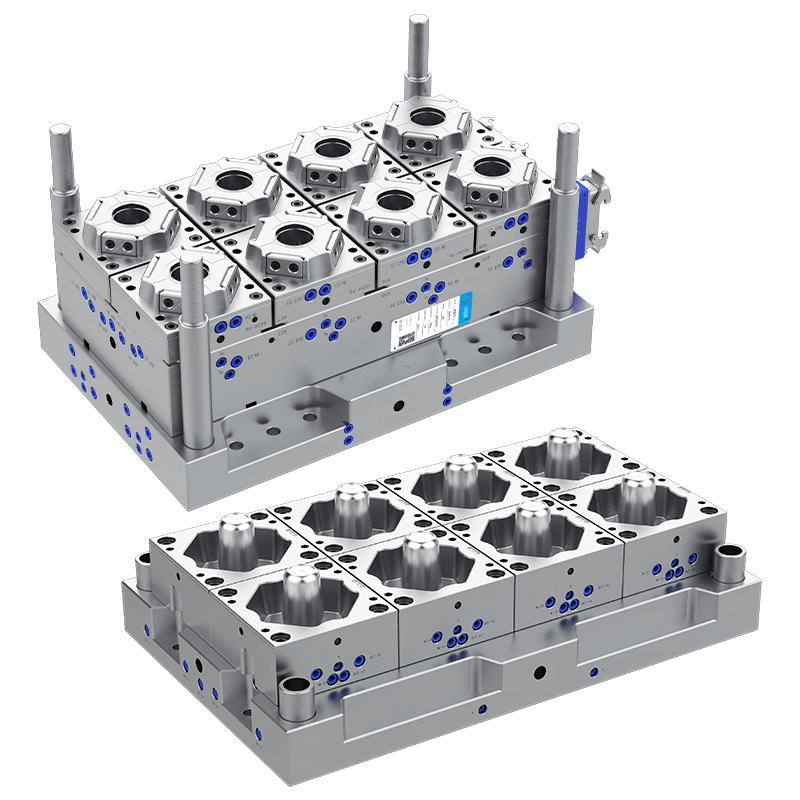What Materials and Craftsmanship Define a High-Quality Mold for Plastic Cup?
To begin, the Mold for Plastic Cup is essentially the core tool used in injection molding machines to shape thermoplastic materials into the desired cup form. This mold must be capable of withstanding high pressure, maintaining dimensional accuracy, and delivering thousands or even millions of consistent parts without deforming. The selection of material and the precision of craftsmanship directly influence the mold's durability and performance.

Typically, a Mold for Plastic Cup is made from high-grade tool steels such as P20, H13, or S136. These steels offer a balance of hardness, machinability, and resistance to thermal fatigue. For molds intended for long production runs, stainless steels like S136 are preferred due to their corrosion resistance and polishability, which helps in producing transparent cups with smooth surfaces. Meanwhile, P20 steel is widely used for medium-volume production because of its good toughness and ease of processing.
Apart from steel selection, heat treatment plays an integral role in the mold's longevity. A Mold for Plastic Cup undergoes a controlled heat treatment process to enhance its hardness and wear resistance. This is essential, especially when abrasive materials such as recycled plastics are used. Uniform heat treatment ensures that there are no internal stresses or weak zones, which could otherwise result in mold failure during operation.
Precision machining is another cornerstone of mold development. Each Mold for Plastic Cup must be engineered with tight tolerances to ensure that the molded cups meet industry specifications for volume, wall thickness, and uniformity. Advanced CNC machines, EDM (Electrical Discharge Machining), and wire cutting tools are typically employed to achieve the desired geometries with high accuracy. Surface polishing and texturing are often carried out in the final stages to enhance the release properties of the mold and improve the visual appeal of the plastic cups.
Cooling system design is also a critical factor that impacts the performance of a Mold for Plastic Cup. Efficient cooling reduces cycle time, enhances productivity, and minimizes warpage or shrinkage in the final product. Molds are equipped with well-placed cooling channels that allow for rapid heat dissipation. In high-speed production environments, some manufacturers also use beryllium copper inserts in strategic areas of the Mold for Plastic Cup to achieve thermal conductivity.
Moreover, many modern Mold for Plastic Cup designs incorporate interchangeable inserts. This allows manufacturers to produce different cup sizes or branding variations without needing to replace the entire mold. This feature adds flexibility to the manufacturing process and extends the service life of the core mold components.
Quality assurance is embedded throughout the manufacturing process. A high-quality Mold for Plastic Cup undergoes multiple inspection phases, including dimensional verification, material hardness testing, and trial molding. These steps ensure that the mold performs consistently under real production conditions and aligns with customer expectations.
From a production efficiency standpoint, an optimized Mold for Plastic Cup can significantly reduce material waste and energy consumption. By precisely controlling wall thickness and eliminating defects such as flashing or sink marks, the mold helps in reducing post-processing requirements, contributing to a more sustainable manufacturing process.
The development of a Mold for Plastic Cup requires an intricate blend of material science, thermal management, and precision engineering. The choice of tool steel, heat treatment process, machining accuracy, cooling system efficiency, and modularity all contribute to the functionality and economic value of the mold. As the demand for plastic cups continues to rise globally, manufacturers must invest in well-designed molds to maintain quality and competitiveness in the market. Ultimately, a well-crafted Mold for Plastic Cup is not just a tool—it is a foundation for consistent product quality and long-term manufacturing success.
Contact Us
Email: [email protected]; Or fill out the contact form below.

 English
English 中文简体
中文简体 русский
русский Español
Español Français
Français




